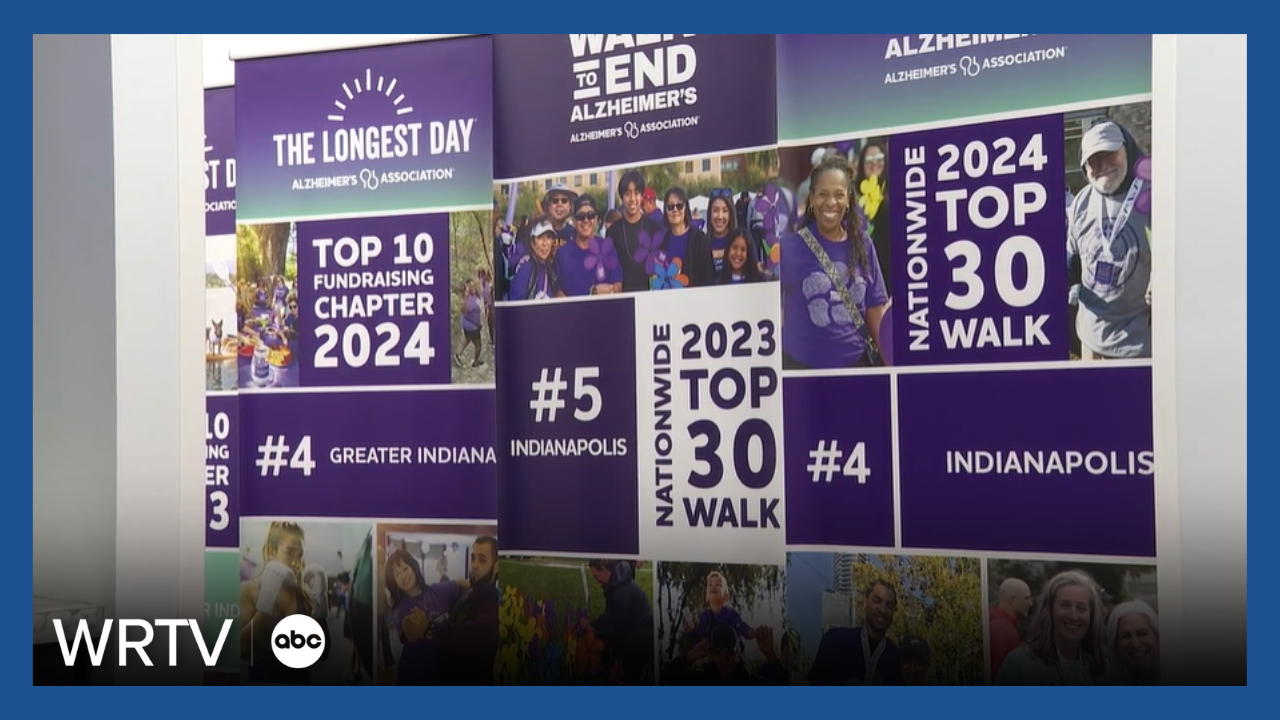INDIANAPOLIS — They’re called the “sandwich generation." The people taking care of their kids, their parents or older loved ones. It can be stressful, especially during back-to-school time when everyone settles into a new routine.
For Sarah Bradley, the experience inspired her to give back in a unique way.
Inside her office, a new collection of baby dolls has started to grow.
“The nursery project, and we donate babies to memory care units in her memory, and we’ve been able to bless 12 different facilities at this point,” Bradley said.

The project is in honor of her mother, Sue, who had Alzheimer’s disease.
“She was 57 when she was diagnosed, and so her caregiving journey started then, and she passed away in March of last year,” Bradley said.
Bradley now works at Home Instead, helping families navigate care for seniors.
“I will do whatever it takes to ensure that both her legacy lives on and be a resource for people going through the same thing,” she said.
Bradley was part of the sandwich generation, being her mother’s full-time caregiver while raising three children.
“It was super challenging. One of the things I said quite often through our experience was ‘Thank god I wake up every day with a renewed sense of grace and patience and love because I couldn’t do this if I didn’t,’” she said.
She’s one of hundreds of thousands navigating this challenge. The Alzheimer’s Association says 219,000 people in Indiana are unpaid dementia caregivers, and about a quarter of them are also raising children.
“It is a large population of dementia caregivers. It can be really hard. Caregivers share they have a lot of physical stressors, emotional stressors,” said Robin Rickel, the community engagement manager with the Alzheimer's Association.

Rickel said there are a number of resources available for people in this position.
“We really like to tell people to have open communication with your friends and family on what is happening in your life at that time,” she said.
The association offers a 24/7 helpline you can call at 800-272-3900, and a new app called My ALZ Journey.
Bradley said being able to reach out for help was critical for her, and it’s part of the reason she now works to be that resource for others.
“I know what it felt like to be at the end of the rope and feeling like, who do I go to, what questions do I ask, where do I start. Being able to be that answer has been fulfilling for me,” Bradley said.
To find more resources, you can visit this website.





